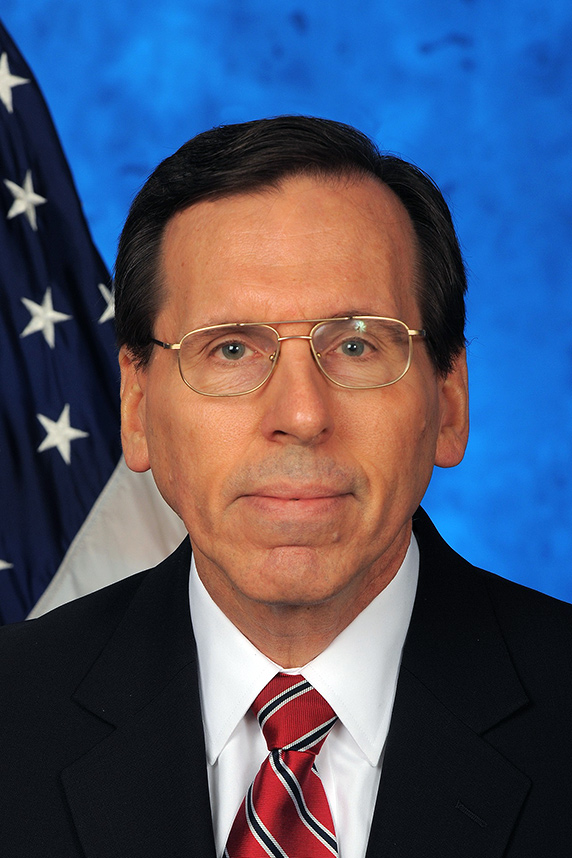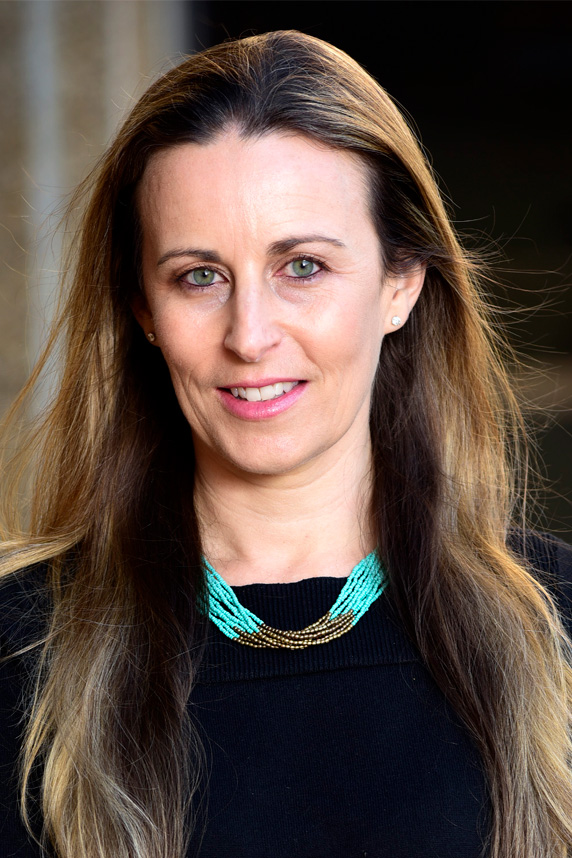 Bever will serve as VA’s principal representative to the committee. (Photo courtesy of Christopher Bever)
Bever will serve as VA’s principal representative to the committee. (Photo courtesy of Christopher Bever)The Department of Veterans Affairs (VA) has become the 17th member agency of the Interagency Coordinating Committee on the Validation of Alternative Methods(https://ntp.niehs.nih.gov/pubhealth/evalatm/iccvam/) (ICCVAM).
Among the federal agencies represented on the committee are the National Institutes of Health, U.S. Food and Drug Administration, and U.S. Environmental Protection Agency. ICCVAM facilitates interagency and international collaborations that promote the development, regulatory acceptance, and use of alternative test methods that reduce, refine, or replace the use of animals.
Sharing knowledge, accelerating progress
Like other federal agencies, the VA is working to reduce or eliminate the use of animals in ways that also improve predictions of human health hazards, noted Christopher Bever, M.D. Bever directs Biomedical and Laboratory Research in the VA Office of Research and Development (ORD).
“VA ORD needs to coordinate its efforts with other federal agencies both to learn from other agencies and to avoid duplication of efforts,” Bever noted. “Joining ICCVAM is part of an overall agency plan to reduce the use of animals in VA activities.”
ICCVAM Administrative Director Warren Casey, Ph.D., welcomed VA, calling it a win for both organizations. “ORD’s participation on ICCVAM will expand the use of 21st century science to protect and improve public health, while reducing reliance on animal testing,” Casey said. “It will be positively received by all stakeholders.”
Broadening government participation
 Kleinstreuer noted that the addition of a new member agency reflects the central role that ICCVAM is increasingly playing in government activities to reduce animal use. (Photo courtesy of Steve McCaw)
Kleinstreuer noted that the addition of a new member agency reflects the central role that ICCVAM is increasingly playing in government activities to reduce animal use. (Photo courtesy of Steve McCaw)ICCVAM, which celebrated its 20th anniversary this year, was established in December 2000 by the ICCVAM Authorization Act(https://ntp.niehs.nih.gov/iccvam/docs/about_docs/pl106545.pdf). The act named 15 agencies as members and stated that the committee should include “any other agency that develops, or employs test or test data using animals, or regulates on the basis of using animals in toxicity testing.” In 2016, the National Institute of Standards and Technology joined the committee.
Nicole Kleinstreuer, Ph.D., acting director of the National Toxicology Program Interagency Center for the Evaluation of Alternative Toxicological Methods(https://ntp.niehs.nih.gov/pubhealth/evalatm/) (NICEATM), which provides support to ICCVAM, remarked that her center is looking forward to collaborating with the VA.
“VA ORD’s expanded focus on including alternatives to animal studies as they work to improve the health of our veterans is consistent with many other ICCVAM agency efforts, and we welcome their participation,” she said.
Looking forward, Bever noted ICCVAM’s role in fostering new computational and cell-based approaches, noting, “VA ORD is pleased to contribute to these efforts to reduce or eliminate the use of animals.”
Casey observed that such approaches address goals of the 2018 Strategic Roadmap, which guides the committee’s activities.
(Catherine Sprankle is a communications specialist for ILS, the contractor supporting NICEATM.)









